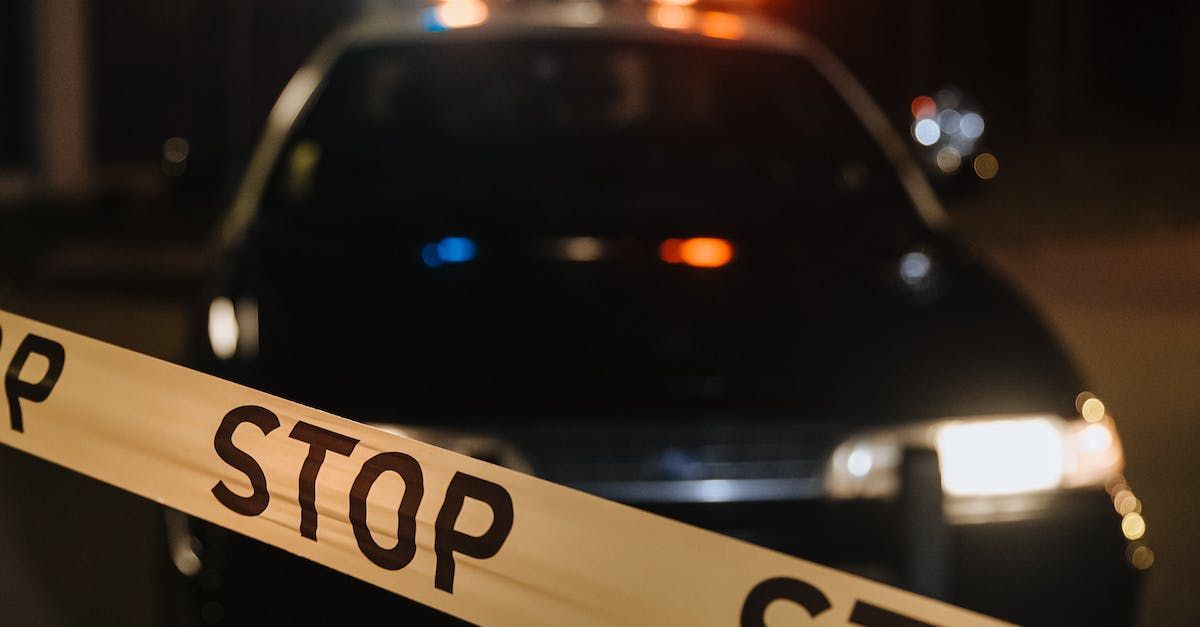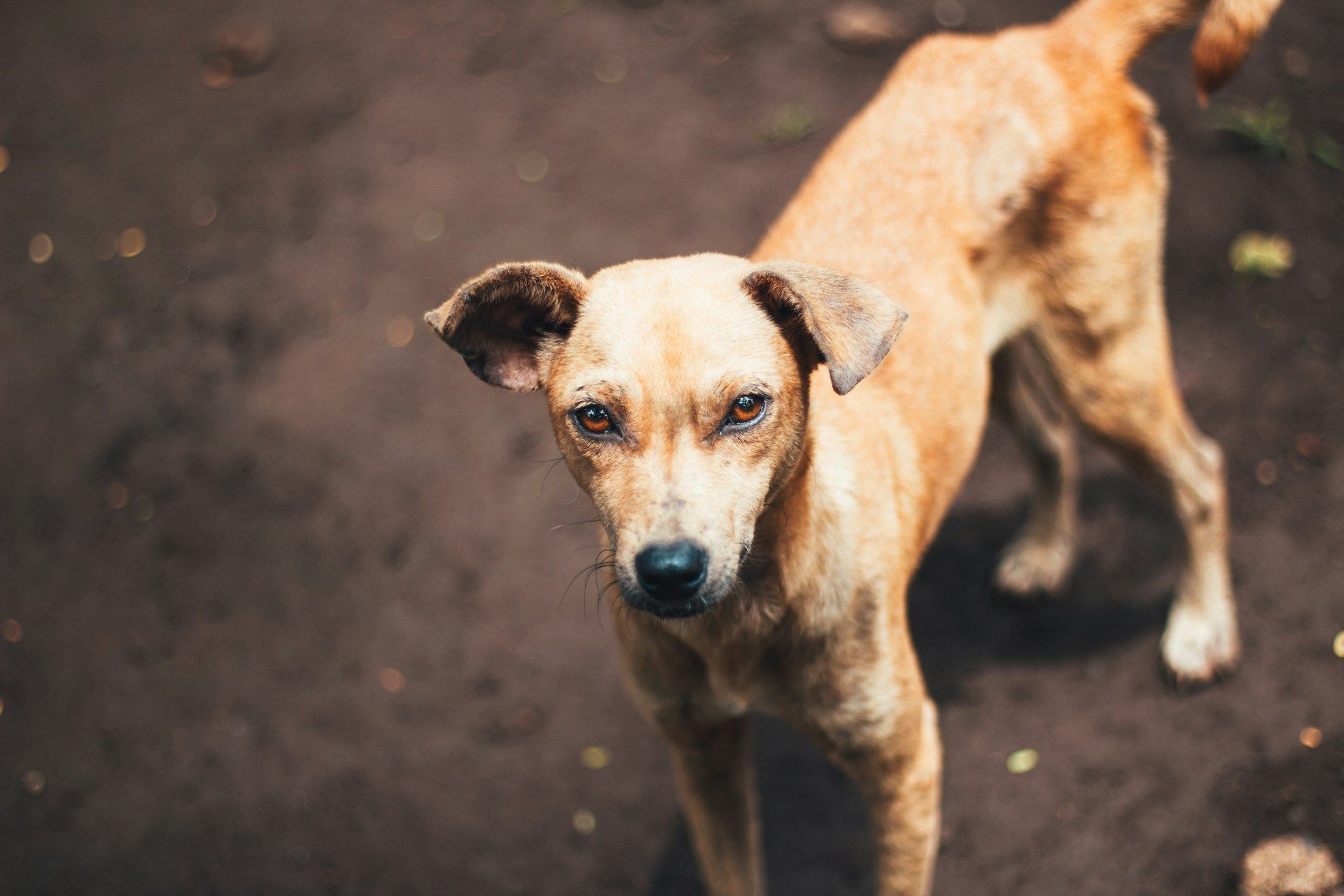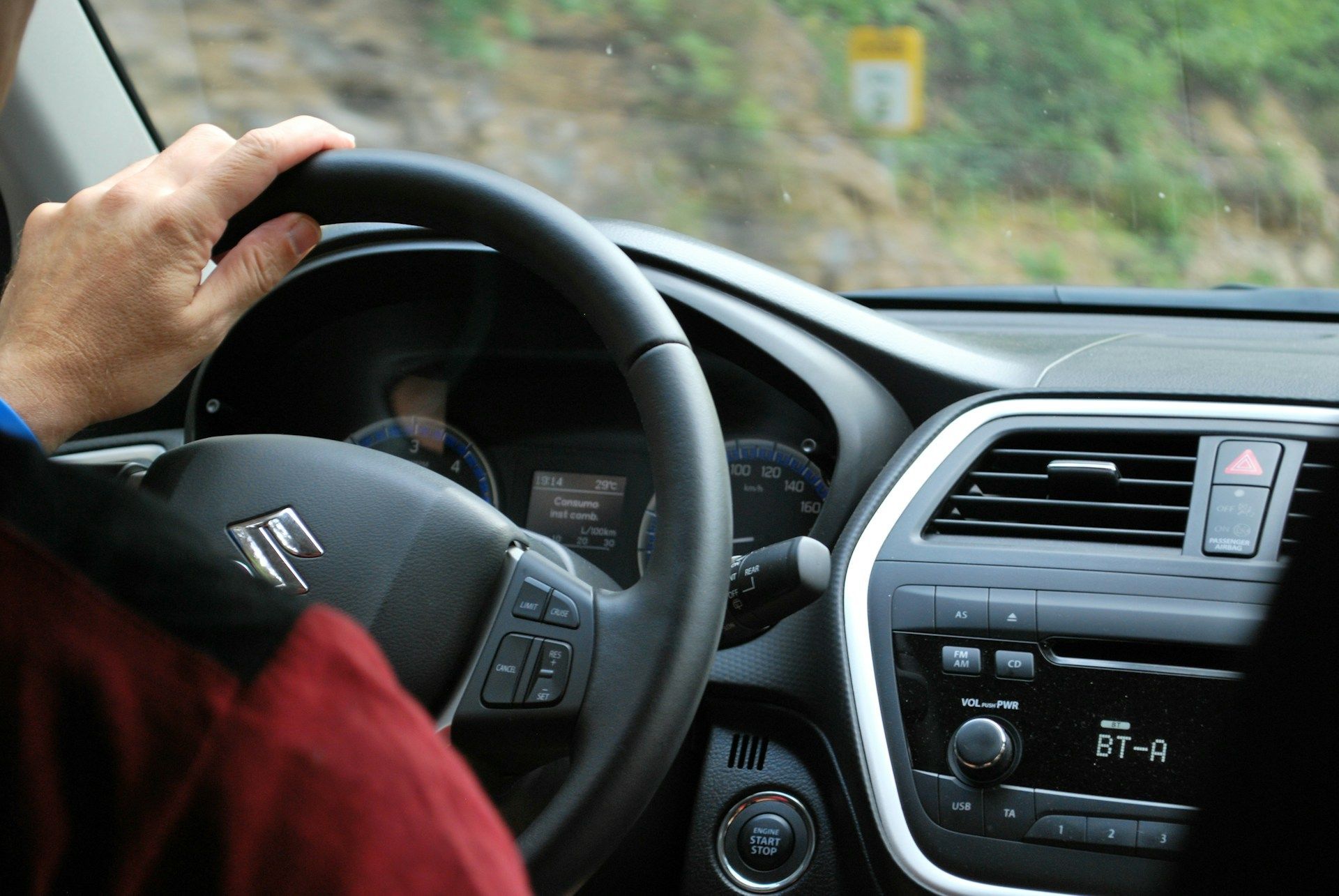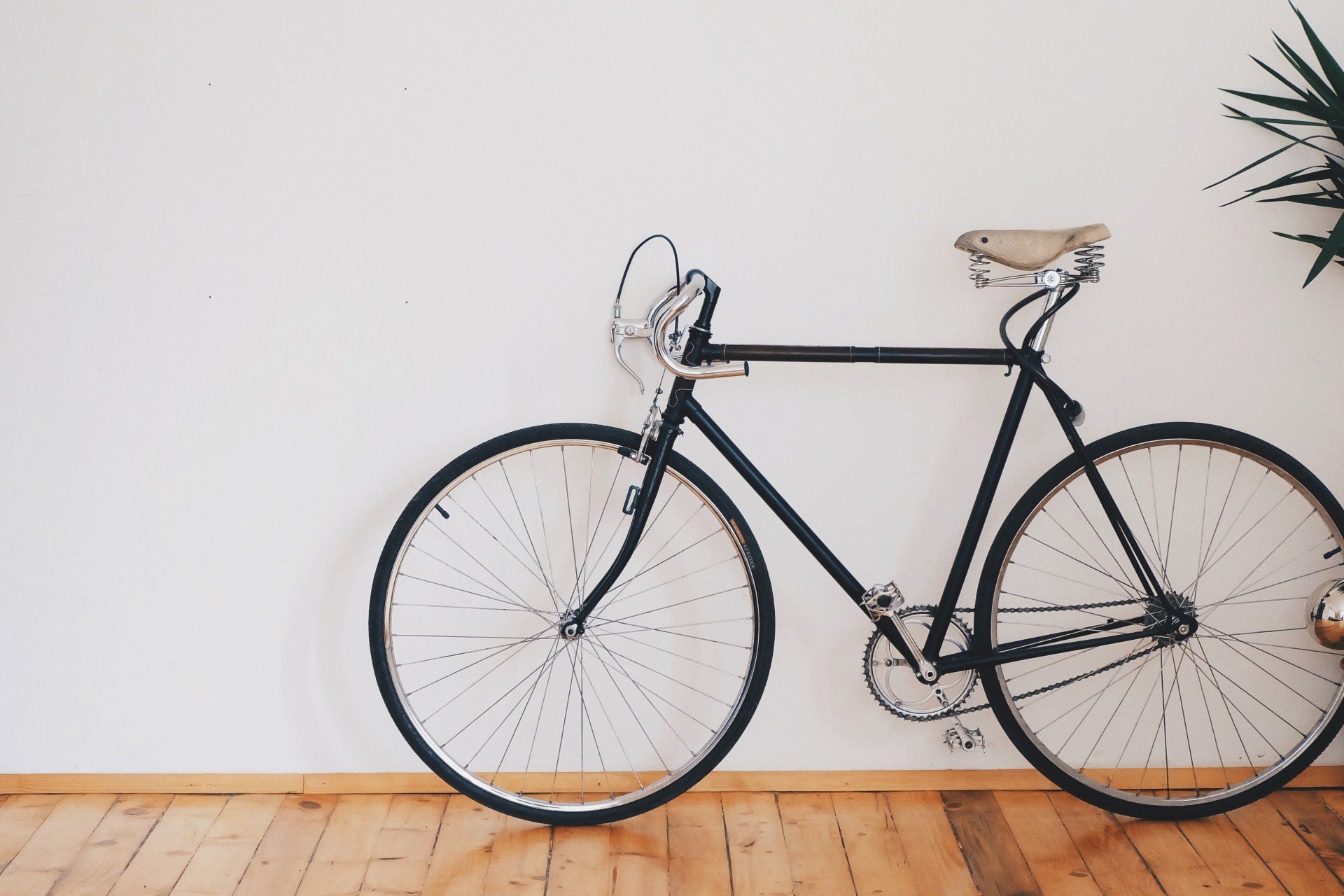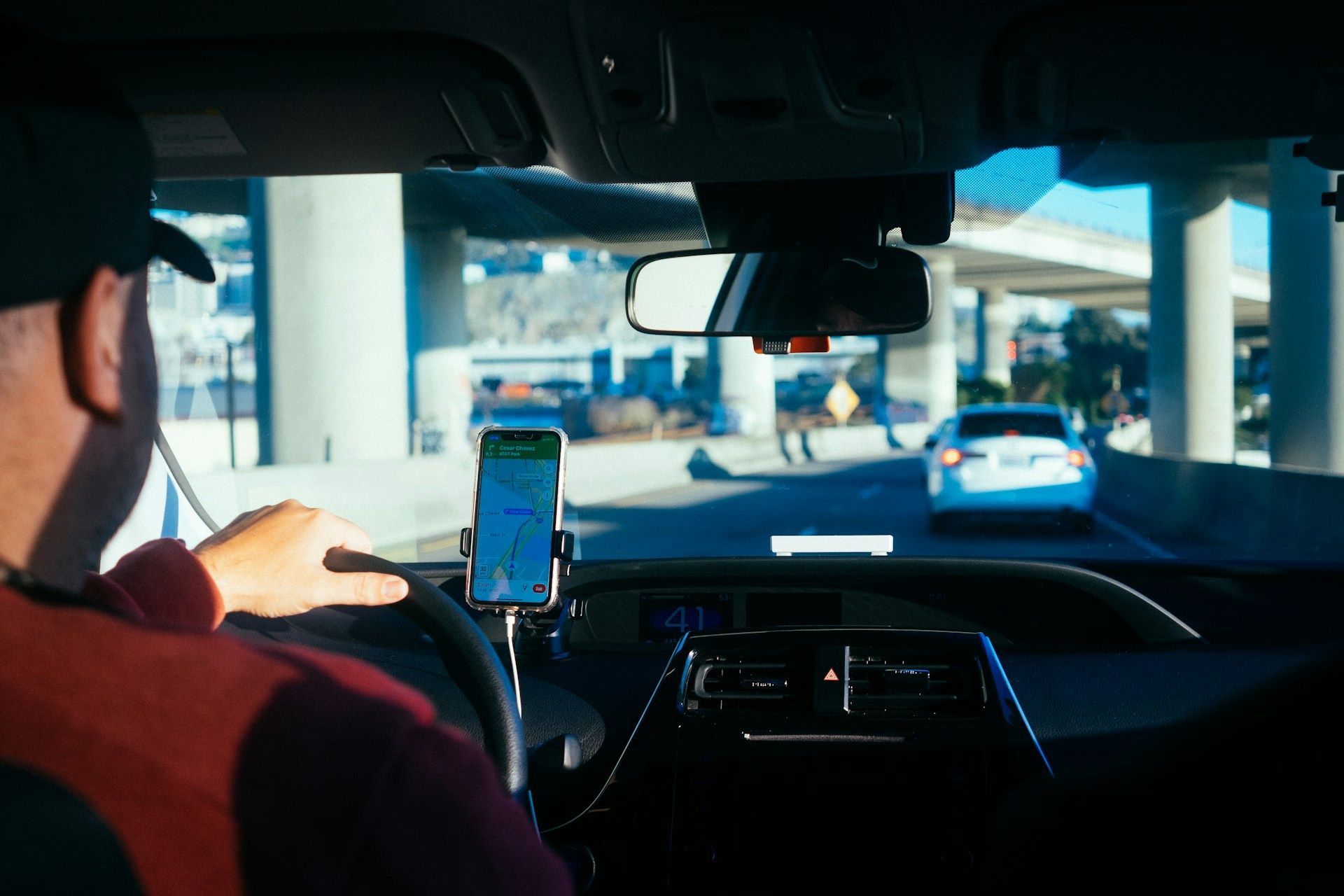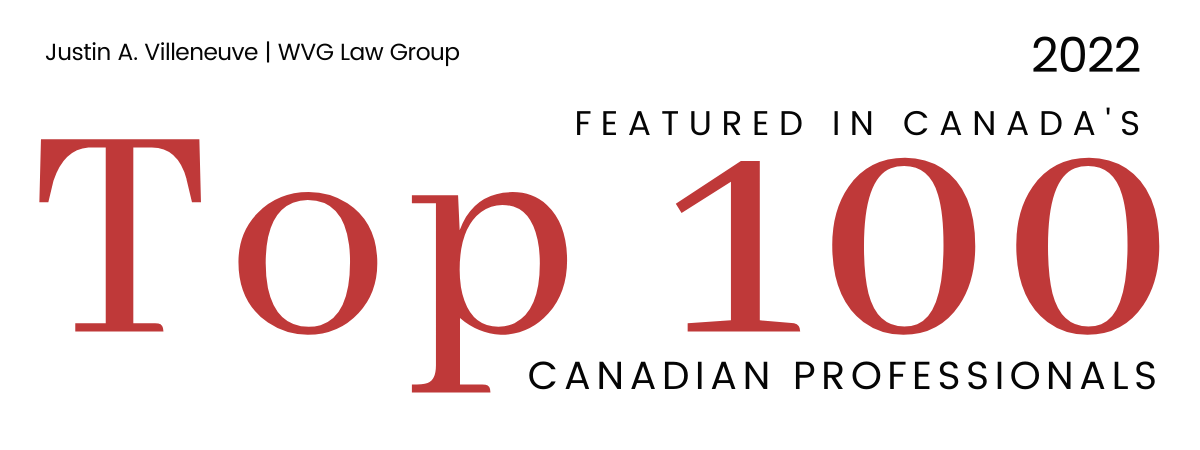Let's talk about your case
You can schedule a call with one of our lawyers anytime. Call today and get the help you need.
Or fill out our online form, and we will respond within 24 hrs.
Personal Injury Lawyers in Ottawa: Expertise in Tavern Liability Cases
Tavern Liability in Ontario
Tavern liability is a crucial aspect of personal injury law that holds establishments responsible for injuries caused by intoxicated patrons. With potential legal implications and financial losses, it is essential for tavern owners to understand their responsibilities and minimize liability risks. In this comprehensive guide, we delve into the world of tavern liability, the role of personal injury lawyers, and how to protect both patrons and business owners from the consequences of over-serving alcohol.
Key Takeaways
- Tavern liability holds alcohol-serving establishments responsible for patron and third party safety, with potential legal consequences.
- Personal injury lawyers can provide guidance in tavern liability cases by representing clients’ interests and securing compensation.
- Tavern owners should take steps to reduce risk such as training employees, instituting policies & procedures, and regularly reviewing practices.
Understanding Tavern Liability

Tavern liability is a legal concept that holds alcohol-serving establishments responsible for injuries or harm caused by over-serving alcohol to patrons. This responsibility extends to ensuring the safety of not only the patrons but also third parties who may be affected by the actions of intoxicated individuals. Negligence in upholding this duty can lead to serious consequences, including costly legal battles and potential loss of liquor licenses.
Legal implications of tavern liability involve the establishment’s responsibility for injuries resulting from over-serving alcohol or serving alcohol to minors. A personal injury claim may arise if a person is injured due to the establishment’s negligence. Tavern owners must take reasonable measures to safeguard their patrons, such as:
- Providing sufficient security
- Instructing staff to identify signs of intoxication
- Instituting policies and procedures to ensure that alcohol is not over-served
The amount of damages in a personal injury case, including those involving brain injuries and catastrophic injuries, can be determined by various factors, such as:
- Lost wages
- Permanent disability
- Extra costs for caregiving and housekeeping
- Medical bills
- Pain and suffering
- Emotional distress
What is Tavern Liability?
Tavern liability is the legal obligation of establishments like bars and taverns, which serve alcohol, to avoid serving excessive alcohol to their patrons to prevent potential injuries or harm. This concept has its origins in the common law, which initially did not impose liability on tavern owners for injuries caused by intoxicated customers. However, as time progressed, the concept of tavern liability developed to hold establishments accountable for the sale of alcohol to visibly intoxicated persons or minors who subsequently cause harm to third parties. Today, personal injury law has evolved to include tavern liability as a key area of focus.
It is incumbent upon tavern owners to avoid exceeding the legal limits of alcohol consumption for their patrons. Additionally, measures such as implementing policies and procedures, providing employee training, and regular evaluation of practices are advisable to prevent potential harm. When examining personal injury cases involving tavern liability, it is important to consider the duty of care, over-serving alcohol, and reasonable steps to prevent harm. Furthermore, tavern owners may be held liable for dram shop claims, third-party liability, and negligent security.
Legal Implications
According to the Ontario Liquor License Act, tavern owners can be charged and possibly lose their liquor license if found accountable for injuries caused by inebriated patrons. Furthermore, third-party claims can be filed against the establishment to hold them accountable. To establish liability, it must be demonstrated that the tavern had a duty of care, breached that duty, and that the breach of duty caused harm or injury to the plaintiff. Negligence is a critical factor in tavern liability cases, and an insurance company may be involved in compensating the injured party.
In prior legal cases concerning tavern liability, instances such as Sharpe v. Hotel Dieu Hospital and Menow v. Menow have been identified. In Sharpe v. Hotel Dieu Hospital, the hotel was determined to be liable for providing service to an inebriated patron, thus breaching their legal obligation. Additionally, in Menow v. Menow, the Supreme Court held a tavern-keeper liable for the injuries sustained by a patron, acknowledging certain conditions in which liability may be imposed.
Many personal injury lawyers, including Ottawa personal injury lawyer and other injury lawyers in Ottawa, offer a free consultation to discuss the details of a potential tavern liability case, including those involving spinal cord injuries.
Responsibilities of Tavern Owners
In the US, tavern owners have certain responsibilities:
- Avoid overserving patrons
- Protect individuals who might interact with intoxicated patrons
- Protect the general public from any harm caused by intoxicated individuals
Failure to uphold these duties can result in serious injuries and potential legal repercussions for the tavern owner.
To ensure patron safety, tavern owners can:
- Provide proper staff training
- Monitor alcohol consumption
- Keep the premises clean
- Prevent intoxicated patrons from driving
- Offer food options
- Offer non-alcoholic beverages
- Implement strategies to address intoxicated patrons
Adhering to injury law and best practices can help reduce the risk of tavern liability cases.
Key Factors in Tavern Liability Cases
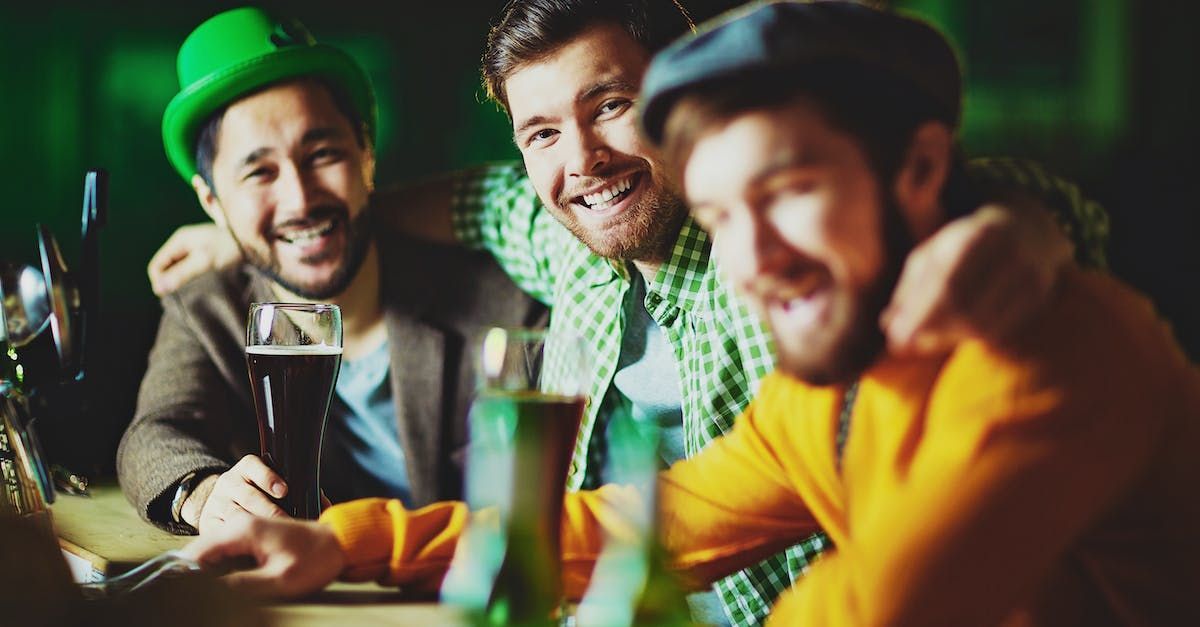
Key elements in tavern liability cases encompass the duty of care, not over-serving alcohol, and implementing reasonable measures to prevent harm. A recognized duty of care is owed by commercial hosts to individuals who are served alcohol on the premises and to third parties who are injured by the impaired driver. This duty of care includes taking reasonable steps to prevent harm and ensuring the safety of patrons, as well as not breaching the relevant standard of care.
Taverns that over-serve alcohol can be subject to criminal and civil charges, as well as liability for damages caused by the intoxicated individual. Furthermore, they may have their license to sell liquor revoked if they are found to have knowingly served alcohol to an intoxicated person. To ensure safety, taverns can take reasonable steps such as maintaining a hazard-free environment, implementing security protocols, training staff to identify signs of intoxication, and taking measures to prevent intoxicated patrons from driving.
Duty of Care
In tavern liability cases, the duty of care refers to the tavern owner’s legal obligation to protect patrons from anticipated harm. Taverns are obligated to not serve customers to intoxication and to safeguard those individuals and any other people who may come into contact with an inebriated patron. Failure to uphold this duty can result in serious injuries and potential legal repercussions for the tavern owner.
To establish liability, it must be demonstrated that the tavern had a duty of care, breached that duty, and that the breach of duty caused harm or injury to the plaintiff. Negligence is a critical factor in tavern liability cases, and an insurance company may be involved in compensating the injured party.
Over-serving Alcohol
Over-serving alcohol implies serving alcohol to a patron who is visibly already intoxicated. The potential legal ramifications of serving alcohol in excess in a tavern may include suspension or permanent revocation of the liquor sales license for the establishment. Furthermore, the tavern may be held accountable for any injuries caused by alcohol over-consumption and could face legal action.
In order to prevent over-serving alcohol, taverns should be mindful of indicators such as:
- lazy eyes
- hiccups
- bumping into others
- repeating oneself
- falling asleep at the bar
- disclosing too much personal information
- speaking loudly or agitatedly
- placing excessive orders
Excessive service of alcohol can lead to tavern liability claims due to the concept of dram shop liability, which holds establishments accountable for providing alcohol to a visibly intoxicated person, resulting in injuries to another individual.
Reasonable Steps to Prevent Harm
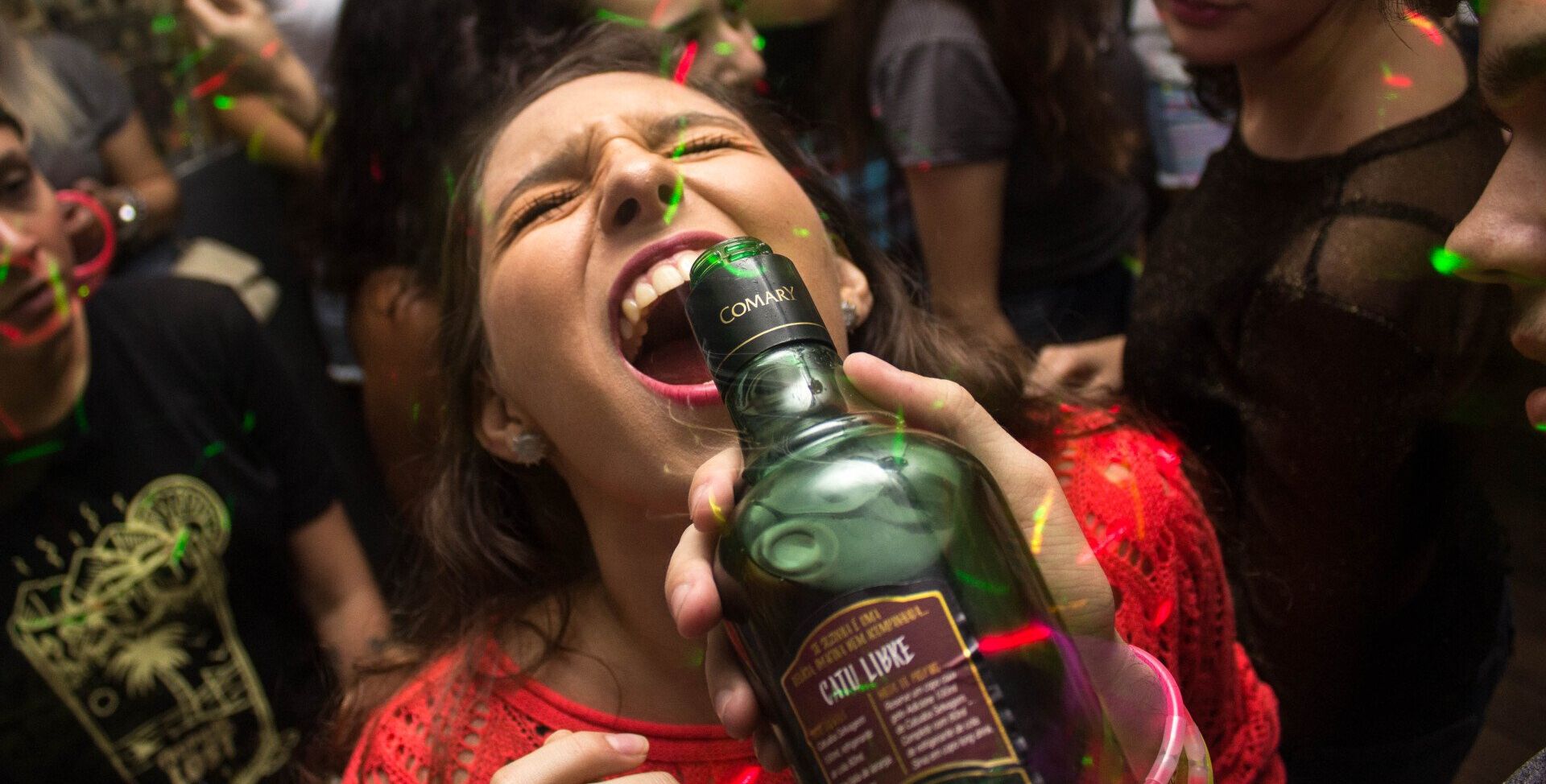
There are different types of tavern liability claims, including dram shop claims, third-party liability, and negligent security. Dram shop claims involve the legal responsibility of a bar or tavern for injuries caused by a patron who was served alcohol while already visibly intoxicated. In such cases, the establishment may be liable for any damages caused by the intoxicated patron, as per the dram shop laws.
Third-party liability claims encompass the tavern’s responsibility for the actions of third parties that result in harm to others. Should an individual sustain injury due to a third party who was inebriated or engaged in an alcohol-related event at the tavern, the injured party may pursue a claim against both the third party and the tavern for their liability in the incident. The tavern may be held accountable for not taking adequate steps to avert harm, or for excessively serving alcohol to the third party.
Negligent security, on the other hand, is defined as the failure of a tavern or bar to provide adequate security measures to protect its patrons from foreseeable harm.
Dram Shop Claims
Dram shop claims hold establishments responsible for injuries caused by serving alcohol to visibly intoxicated patrons. These laws pertain to establishments that serve alcoholic beverages to intoxicated individuals or minors, which may later lead to injury or fatalities. The term ‘dram shop law’ is derived from the 18th century British unit of measurement for alcohol, known as ‘dram’.
The settlement amount for tavern liability cases can vary considerably. Some cases have resulted in a settlement of approximately $78,000 while others have resulted in settlements of several million dollars. The exact settlement amount is contingent upon various factors, including the severity of the injuries, the degree of the tavern’s negligence, and the applicable jurisdiction.
Third-Party Liability
Third-party liability in the context of tavern liability denotes the legal accountability of a tavern or licensed establishment for the behavior or actions of a third party, such as an inebriated patron, who causes harm or injury to another person. The tavern may be held liable if it is established that they did not take appropriate steps to avert or address the potential harm caused by the third party.
To establish liability, it must be demonstrated that the tavern had a duty of care, breached that duty, and that the breach of duty caused harm or injury to the plaintiff. Negligence is a critical factor in tavern liability cases, and an insurance company may be involved in compensating the injured party.
Negligent Security
Negligent security in the context of tavern liability refers to a tavern or bar failing to provide adequate security measures to protect its patrons from foreseeable harm. This can include not having proper security personnel, surveillance systems, or safety protocols in place, resulting in incidents such as assaults, fights, or other criminal activities. Such negligent security can lead to the tavern being held liable for injuries or damages suffered by patrons due to the inadequate security measures.
In assessing the negligence of a tavern’s security, courts take into account factors such as:
- The foreseeability of harm
- The security measures in place
- The incidents that have occurred
- The training provided
- The effectiveness of security personnel
- Adherence to industry standards
How Personal Injury Lawyers Can Help

Personal injury lawyers are instrumental in aiding clients with tavern liability cases. They provide guidance through the complexities of applicable laws, establish liability, and obtain compensation for their clients. They manage tasks such as:
- Obtaining police reports
- Gathering details of the accident
- Dealing with insurance companies
- Advocating for the immediate rights of their clients
- Organizing and documenting injuries
- Ensuring appropriate attention to health needs
A personal injury law firm, staffed with personal injury lawyers such as an experienced personal injury lawyer, is tasked with:
- Representing their clients’ interests
- Assisting them in securing care, attention, and compensation
- Ensuring that the settlement agreement is reasonable and considers the plaintiff’s injuries and suffering, which is why hiring a personal injury lawyer is crucial. It’s important to understand what personal injury lawyers charge for their services.
Navigating Complex Laws
Personal injury lawyers must be familiar with the relevant tavern liability case law, negligence-based tort law, the duty of care owed by tavern owners, and the liability of commercial establishments that serve liquor to patrons for successful handling of tavern liability cases. When interpreting tavern liability legislation, personal injury lawyers face a number of challenges, including gaining an understanding of toxicology and academic aspects of the law, defending bars and taverns, and staying abreast of changing regulations, such as the legalization of marijuana. They must also grapple with the complexities of premises liability and negligent security issues.
The interpretation of tavern liability laws can vary significantly between states. In some states, establishments are only held liable if they were aware or should have been aware that they were serving alcohol to an intoxicated person. Other states have dram shop laws that make businesses accountable for serving alcohol to minors or intoxicated individuals who later cause harm to another individual. The particulars and requirements of tavern liability laws can differ significantly depending on the state.
Proving Liability
In tavern liability cases, personal injury lawyers establish liability by:
- Gathering documentary evidence, including police reports, medical bills and records, and employment records
- Obtaining evidence from independent witnesses and expert opinions to strengthen the case
- Demonstrating a duty of care
- Proving a breach of duty
- Establishing causation
- Demonstrating foreseeability
- Providing evidence of damages
All of these steps are necessary in order to establish liability in tavern liability cases.
Witness testimony is essential in establishing liability in tavern liability cases.
Witnesses can provide direct accounts of the events that transpired, including any careless or unlawful actions by the tavern or its personnel. Their testimony can help ascertain the facts of the case, demonstrate the tavern’s responsibility of care, and bolster the plaintiff’s demand for remuneration.
Securing Compensation
Personal injury lawyers provide assistance in tavern liability cases by uncovering evidence, striving for maximum financial compensation, aiding in filing a claim, and offering legal representation and guidance. When determining the amount of compensation in tavern liability cases, factors such as visible signs of intoxication or impairment in the patron, degree of responsibility attributed to the tavern, extent of injuries and medical expenses, impact on the plaintiff’s quality of life, lost earnings and potential future lost earnings, cost of future medical care, and comparative negligence of the parties involved are taken into consideration.
The settlement amount for tavern liability cases can vary considerably. Some cases have resulted in a settlement of approximately $78,000 while others have resulted in settlements of several million dollars. The exact settlement amount is contingent upon various factors, including the severity of the injuries, the degree of the tavern’s negligence, and the applicable jurisdiction.
Tips for Tavern Owners to Minimize Liability
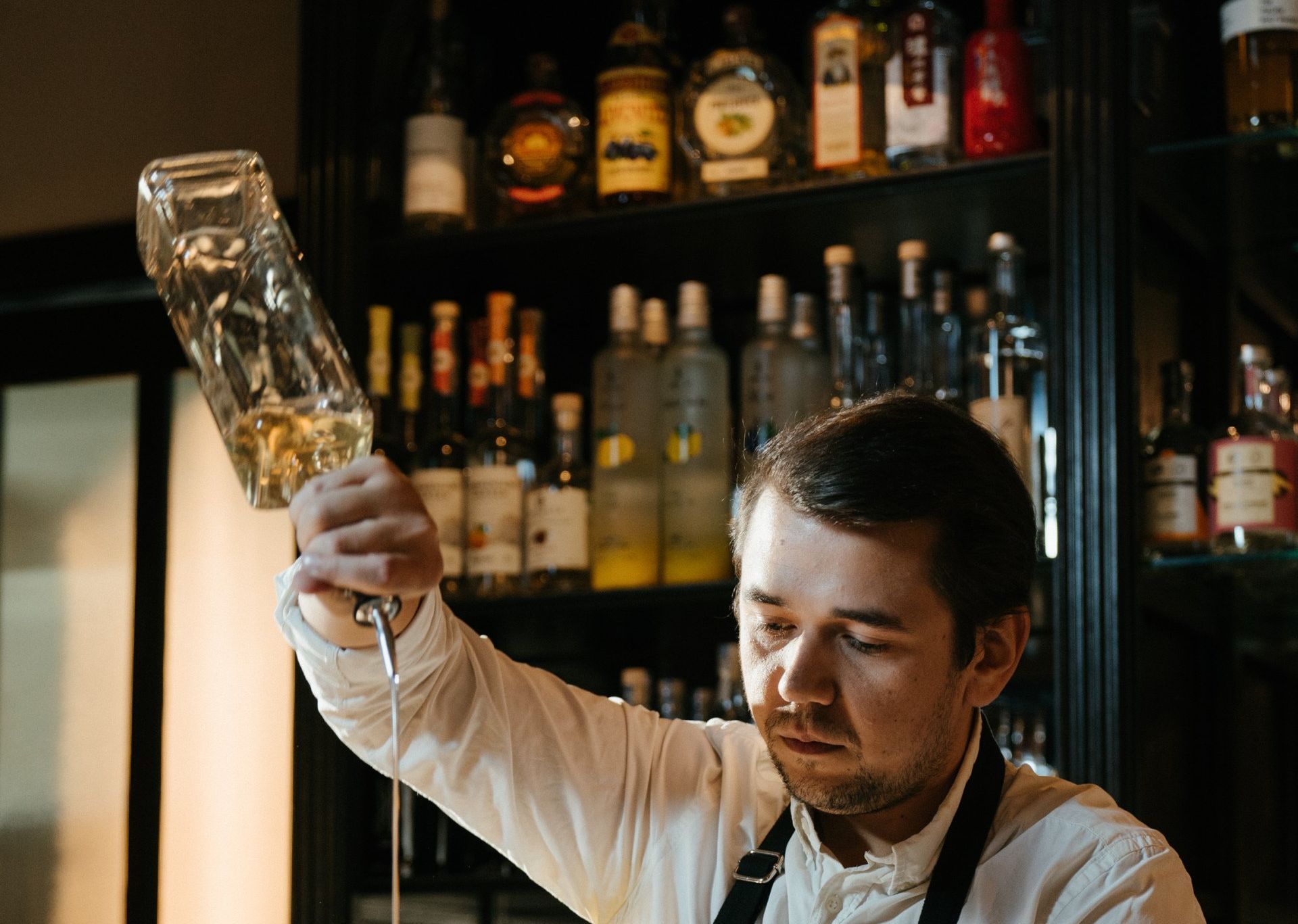
Reducing liability risks for tavern owners can offer protection against potential legal action and financial losses. To minimize liability risks, tavern owners should undertake measures such as:
- Training employees
- Instituting policies and procedures
- Conducting regular review of practices
- Ensuring that employees are adequately trained and adhere to responsible alcohol service practices
Periodically reviewing and updating policies and procedures to address any emerging issues or concerns can help tavern owners ensure compliance with the latest laws and regulations and minimize liability risks.
Employee Training
Training employees properly in the responsible sale and service of alcohol is crucial to reducing tavern liability risks. This entails:
- Hiring and training personnel for the sale and service of alcohol
- Enrolling employees in regular training courses
- Implementing skills-based training programs such as TIPS (Training for Intervention ProcedureS)
To ensure consistent enforcement of their policies and procedures, tavern owners should:
- Clearly articulate the policies and procedures to all staff members and ensure comprehension
- Provide regular training and reminders to staff regarding adherence to the policies and procedures
- Implement a system of checks and balances to monitor compliance
- Hold staff accountable for any violations of the policies and procedures through appropriate disciplinary measures.
Implementing Policies and Procedures
The implementation and enforcement of policies and procedures promoting responsible alcohol service can aid in training employees to identify signs of intoxication and avoid over-serving. Furthermore, policies related to premises safety, such as regular inspections and maintenance, can help reduce the risk of accidents and injuries on the premises.
To ensure safety, tavern owners should consider implementing ID checks, providing adequate lighting, and regularly performing maintenance on their premises.
Regularly Reviewing Practices
Regularly reviewing tavern practices can mitigate liability risks by:
- Identifying potential hazards
- Adhering to safety regulations
- Offering proper training programs
- Monitoring responsible alcohol service practices
- Conducting regular inspections and maintenance of the premises
- Reviewing insurance coverage.
Summary
In conclusion, understanding and managing tavern liability is essential for any establishment serving alcohol. By implementing employee training, policies and procedures, and regularly reviewing their practices, tavern owners can minimize their liability risks and protect their patrons from potential harm. Hiring a personal injury lawyer with expertise in tavern liability cases can be invaluable in navigating the complex legal landscape and ensuring that injured parties receive the compensation they deserve.
As a tavern owner or patron, it is crucial to be aware of the legal implications and responsibilities surrounding tavern liability. By staying vigilant and adhering to best practices, tavern owners can foster a safe and enjoyable environment for all, while minimizing the risk of costly lawsuits and potential financial losses.
Frequently Asked Questions
What is Tavern liability?
Tavern liability is a legal claim that alleges that an establishment has over-served alcohol to patrons, which then leads to injury or harm to the plaintiff.
Can the tavern be held liable for selling and serving?
It is possible for a bar, nightclub, or tavern to be held liable if an impaired customer leaves their establishment after being served and injures themselves or another person.
What is patron liability?
Patron liability is the legal responsibility that commercial hosts have to not allow their patrons to become excessively intoxicated, as well as to take appropriate safety precautions to protect those on the premises from the dangers of intoxication.
What does over service mean?
Overservicing means providing services that are not necessary or in excess of what is required. It often leads to unnecessary costs and wasted resources.
What is the duty of care in tavern liability cases?
The duty of care in tavern liability cases is the responsibility of the tavern owner to protect patrons from foreseeable harm and ensure they are not over-served alcohol.
Let's talk about your case
You can schedule a call with one of our lawyers anytime. Call today and get the help you need.
Or fill out our online form, and we will respond within 24 hrs.
Thank you for contacting us.
We will get back to you as soon as possible. You can also book using this link: Personal Injury Booking Page
Please try again later
Related Blog Posts
Practice Areas
QUICK LINKS
CONTACT US
Tel: (613) 505- 5025
Fax: (613) 234-5852
info@wvgblaw.com
200-2571 Carling Avenue
Ottawa, Ontario
K2B 7H7
SERVICES
RECENT BLOG POSTS








